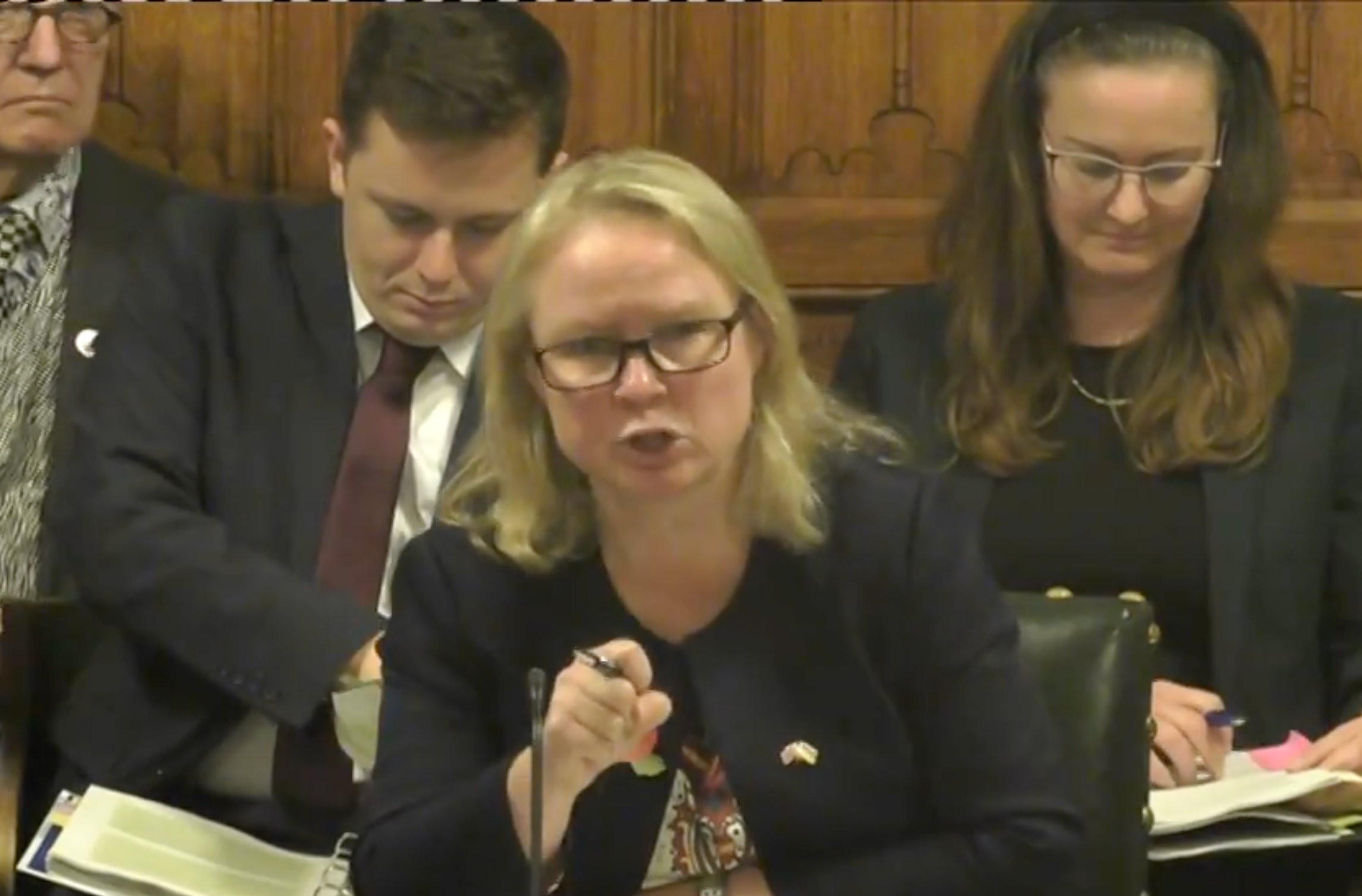Government’s ‘fairer deal for renters’ won’t address high rents, housing minister says
Felicity Buchan says affordability of rented housing is ‘separate issue’ from fairness

The government's plan for a "fairer deal" for private renters will not address soaring rents, the housing minister has said.
Appearing at the Commons communities committee Tory MP Felicity Buchan said she believed rent rises could only be controlled by building more homes in the longer term.
Last month it was reported that landlords had raised rents to record highs, with a 20 per cent rise in some areas according to listings data.
Labour MP Clive Betts, who chairs the communities committee, put it to the minister that affordability was "the fundamental problem in the private rented sector" – and that the government's renting white paper failed to address this.
But the minister replied: "I think it's very important to look at what the white paper is trying to achieve, and what it is trying to achieve is a fairer deal for tenants and for landlords. Affordability is a separate issue which is clearly very, very tied to supply. That is not the purpose of this white paper to look at housing supply as a whole.
"This is about making sure that we get a good deal for tenants and landlords. The vision for the white paper is to make sure that any tenant has a decent and secure home, that they are in a position to exercise their rights, and that at the same time landlords have the ability to get possession if they need it on reasonable grounds. But this is not intended to be an overall housing strategy."
The government’s insistence that only market forces can bring down rents contrasts with the approach taken by the Scottish government, which has introduced a temporary rent cap to prevent landlords from raising rents during the cost of living crisis.
Asked when an overall housing strategy looking at affordability would be published Ms Buchan said the committee should ask the communities secretary Michael Gove if he were to appear at the committee in the near future.
Most European countries have some form of rent control in the private sector that regulates the rate at which landlords can raise rents – but England and Wales has been a notable exception since the market was deregulated in the 1980s.
Under the approach laid out by the ministers, rented housing could theoretically become more affordable if there were so many landlords that they would compete with each other for tenants, lowering rents.
However, when this happened in some areas during the Covid-19 pandemic, some landlords exited the market – contributing to a rise in rents.
Asked what the government was doing on affordability, Ms Buchan said: "Clearly we are doing a lot if you look at the broad housing policy.
"So for instance we're investing £10bn over the spending review in new housing to unlock one million homes over the course of the parliament, and we have achieved 240,000 new homes in 2019-2020, which was is one of the highest levels over the course of the last 10+ years.
"We're investing £11.5bn in the affordable homes programme. So we do have a lot going on here to increase the supply, and in particular to increase the supply for affordable housing, both for sale and for rent.”






Join our commenting forum
Join thought-provoking conversations, follow other Independent readers and see their replies
Comments